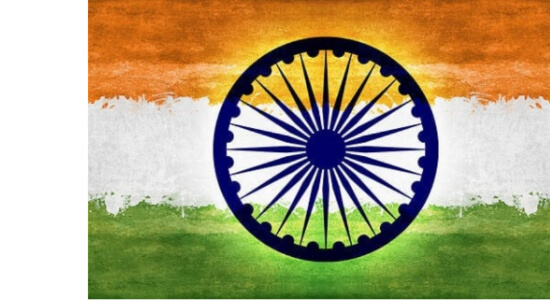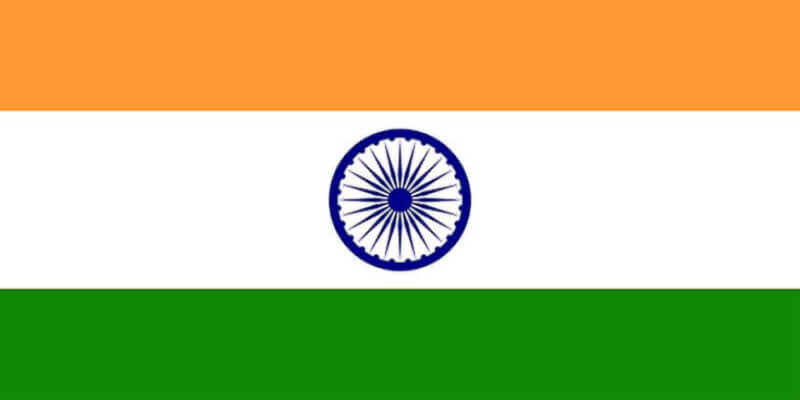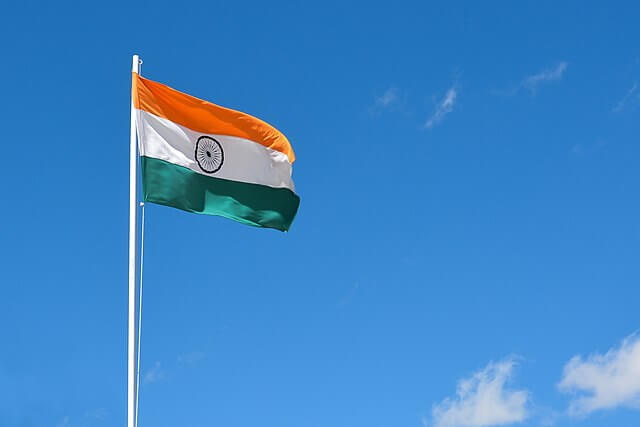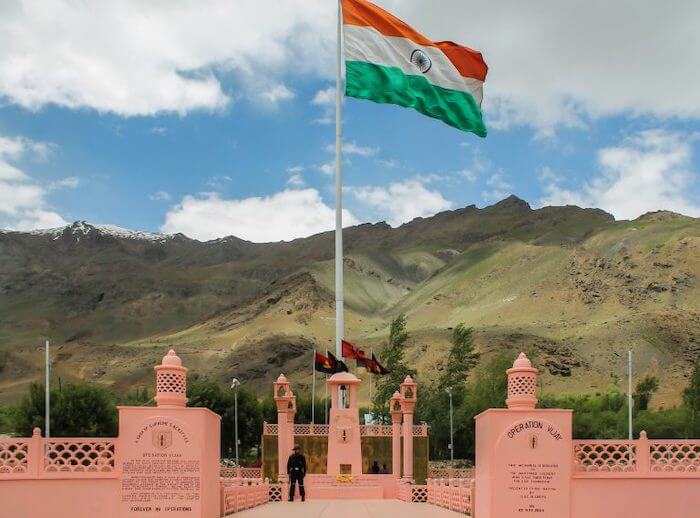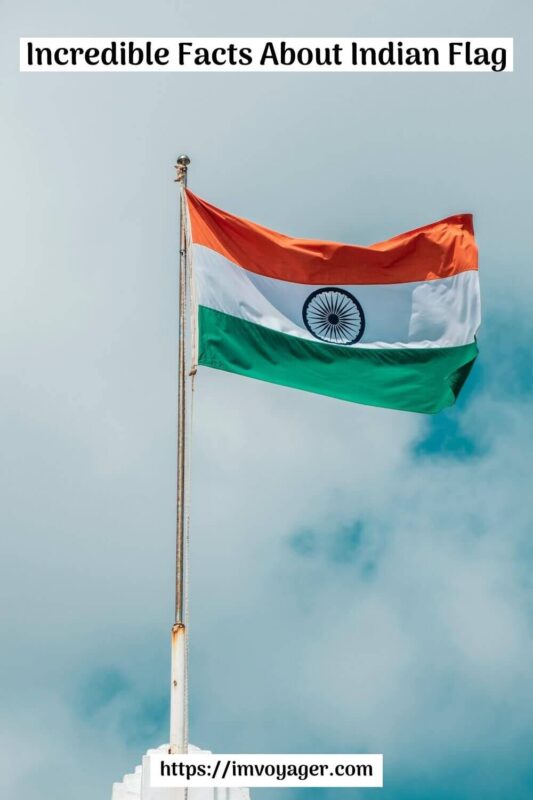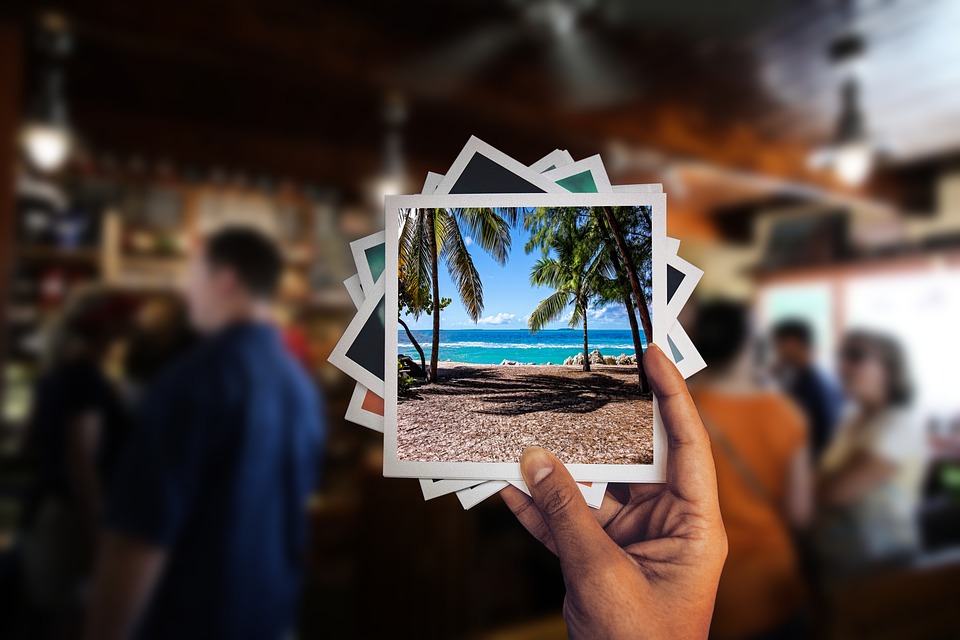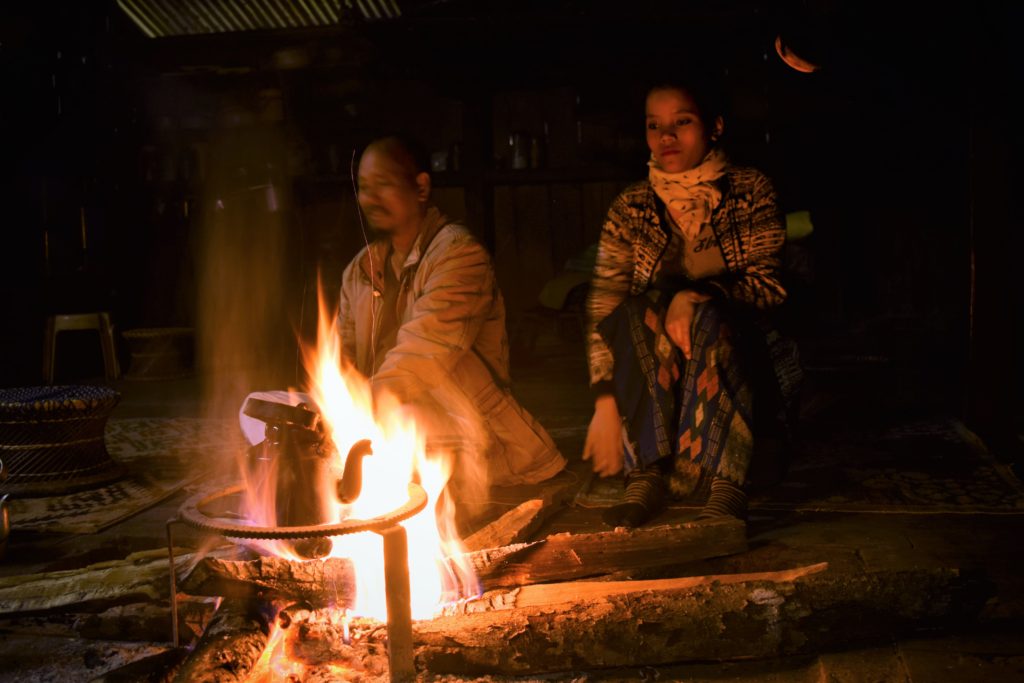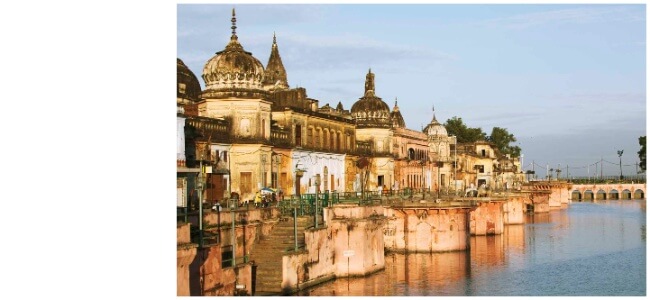The Indian Tricolor, the national flag of India is a symbol of the hopes and aspirations of the country and its people. It is interesting to note the incredible facts about the Indian flag. These amazing facts about the flag of India should be known by every Indian, and also by anyone else who loves India and is interested to know more about its history and culture. Read on to know the incredible facts about Indian Flag.
Table of Contents
Amazing Facts About Indian Tricolor
The Indian flag fluttering in the breeze spells freedom, love, and security for its citizens, it is a symbol of the sacrifices of countless Indians in the course of the freedom movement and those of thousands of Indian soldiers who have laid down their lives, both during wars as well as peace, in the line of duty. So check out how many of these Interesting facts about Indian National Flag you already knew and how many you didn’t.
Incredible Facts About Indian Flag – History of Indian Flag
Did you know how India got her tricolour? Here are some amazing facts about Indian flag evolution.
1. The first version of the Indian National flag was hoisted in India for the first time on the 7th of August, 1906, in the Parsee Bagan area of Calcutta, the flag consisted of three horizontal stripes of green, yellow, and red.
2. The second version of the Indian flag was hoisted by Madame Bhikhaji Cama in Paris on the 22nd of August, 1907. The design of this flag was similar to the one that was hoisted in Calcutta, the previous year.
3. The third version of the Indian flag was hoisted jointly by Lokmanya Tilak and Annie Besant during the Home Rule Movement in the year 1917. This flag had a different design from the earlier two. It consisted of narrow alternating green and red stripes, with seven stars superimposed, and also the Union Jack occupied the top left-hand corner.
4. In the year 1921 at the Bezwada (Now Vijaywada) session of the Indian National Congress, Pingali Venkayya presented a design of the Indian National Flag to Mahatma Gandhi.
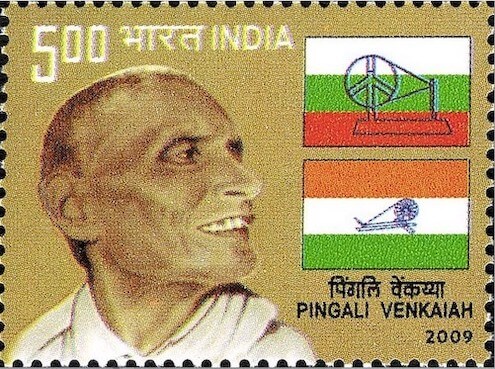
It consisted of two colours red and green symbolizing the Hindu and Muslim communities. Mahatma Gandhi suggested the addition of another horizontal stripe of white colour, that would symbolize the other communities of India. He also suggested the incorporation of a Charkha in the centre that would stand for the development of the country. This flag came to be known as the Swaraj flag.
5. In the year 1931, a resolution was passed that approved the adoption of a tricolour flag as the National flag. The flag had three horizontal stripes of saffron, white, and green, and the charkha or spinning wheel was in the centre.
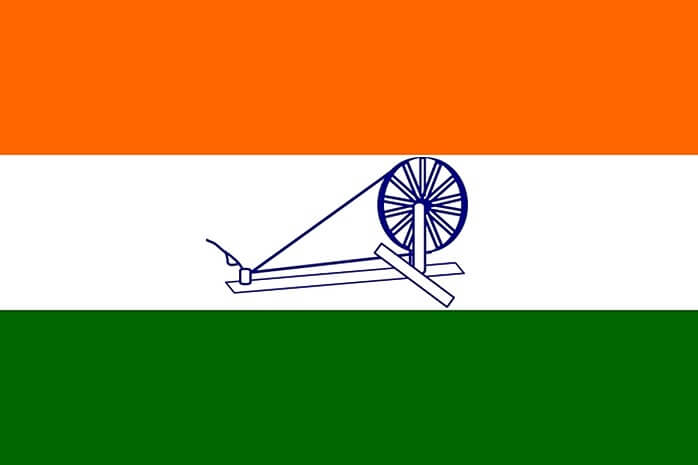
6. On the 22nd of July, 1947, the constituent assembly adopted the tricolour as the National Flag of India. The flag had three horizontal stripes of saffron, white, and green, with the Ashoka Chakra in the centre. This is the Indian National Flag of India, which flutters above all Government buildings, and is hoisted across the country, and even homes under the Har Ghar Tiranga drive of the government.
Incredible Facts About Indian Flag | Interesting Facts About National Flag Of India
Here are some more amazing facts about Indian National Flag, that are sure to grab your attention.
7. The first of Independent India that was released on 21, November, 1947, featured the Indian National Flag, with, “15 August 1947,” and, “जय हिंद,” written beside it.
8. The design, as well as the manufacture of the national flag, is according to strict standards prescribed by the BIS (Bureau of Indian Standards) in the guidelines that are set in three documents. The guidelines include specifications regarding the cloth, size, dye colour, chromatic values, etc..
9. The guidelines for the manufacture of the national flag are covered by the Civil and Criminal codes of India, and any deviation can be punished with fines or even imprisonment.
10. Khadi or hand-spun cloth is the only material that can be used for making the national flag, hoisting flags of any other material is a punishable offence under the law.
11. The Karnataka Khadi Gramodyoga Samyukta Sangha based in Hubli, Karnataka is currently, the only licensed flag production unit in the country.
Interesting Facts About Indian Flag | Incredible Facts About National Flag Of India
Here are some more unknown facts about Indian Flag, including some mathematical facts about Indian Flag. Do check, how many of these Indian National flag facts you are aware of.
12. The length of the Indian tricolour is 1.5 times its width and all the three stripes, namely saffron, white, and green are of equal dimensions. The ratio of the flag’s width and length is 2:3. The Ashoka Chakra has 24 equally spaced spokes. The National flag can be manufactured in 9 prescribed sizes only.
13. The largest flag has dimensions of 6300mm X 4200mm, while the smallest one has dimensions of 150mm X100mm.
14. The significance of the three colours of the national flag is as under, Saffron stands for courage and sacrifice, green stands for prosperity, and white stands for truth, peace, and purity.
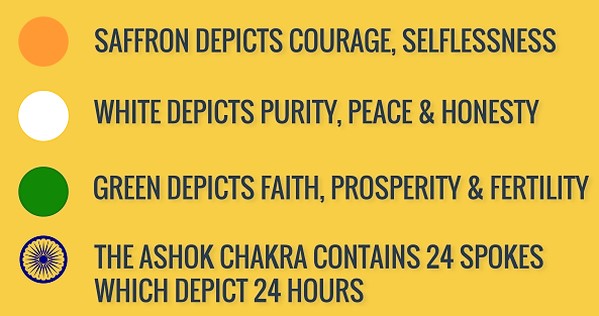
15. The Indian national flag first fluttered atop Mount Everest, when Tenzing and Hillary conquered its summit, and then when Rakesh Sharma became the first Indian in space, the Indian national flag graced his spacesuit.
The Indian national flag fluttering in the breeze is an emotion that touches every Indian who is proud of his motherland, and the Indian tricolour hoisted high is an embodiment of the collective dreams of the country.
Images of Indian National Flag – The Tricolour
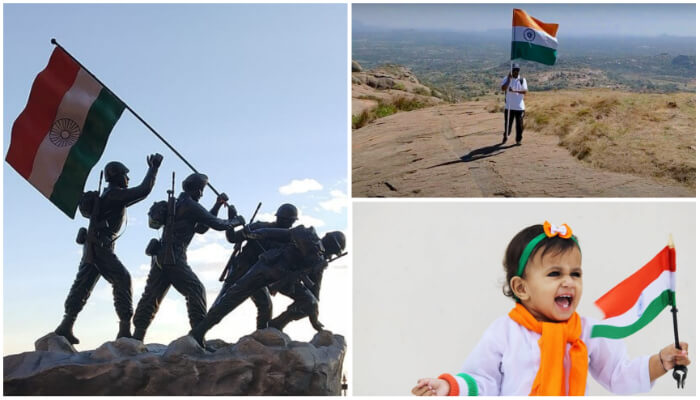
We hope you liked reading about amazing facts about Indian Tricolor and found the information enlightening. Please subscribe to our blog for more interesting posts. Also, follow us on our social media channels to stay updated with our posts.
We are a reader-supported site. This means, at no additional cost to you, we may earn a small commission if you book a flight or hotel, or make a purchase through one of our affiliate links. Thank you for your support!
Flights – Air India (Domestic) or Air India (International), or Priceline
Tours – Click to book top tours around the world. Book tours and activities here.
Experiences – Book your next unforgettable experience here, with flexible bookings and free cancellations. Reserve tours and activities now and pay later.
Hotels – Click to book the best hotels/resorts. Choose the best stay options with TripAdvisor or Hotels.com, or HotelsCombined
Travel Insurance – Click to book Travel Insurance that covers a range of travel insurance and safety services including medical emergencies, lost luggage, trip cancellation and more
Visas and Travel Documents Application – Click here for Online Travel Visa Check
Online Passport Photo – Get Your Passport Photo Online here
Do You Love Traveling?
Do you want to know how to travel the world? We have put together a very useful travel resources page with the best travel tips. Go check it out now. Thanks for visiting our site Voyager - imvoyager.com and taking the time to read this post! If you wish to collaborate/work with us then reach us at imvoyager18@gmail.com We’d love it if you’d comment by sharing your thoughts on this post and share this post on social media and with your friends. Follow our journey on our social media channels: Facebook X Instagram Pinterest YouTube
Start dreaming about your next adventure with Tripadvisor. Book your next unforgettable experience here with flexible bookings and free cancellations.
Flight booking online at the best fare
60+ Million Users Trust TripAdvisor With Their Travel Plans. Shouldn't You?
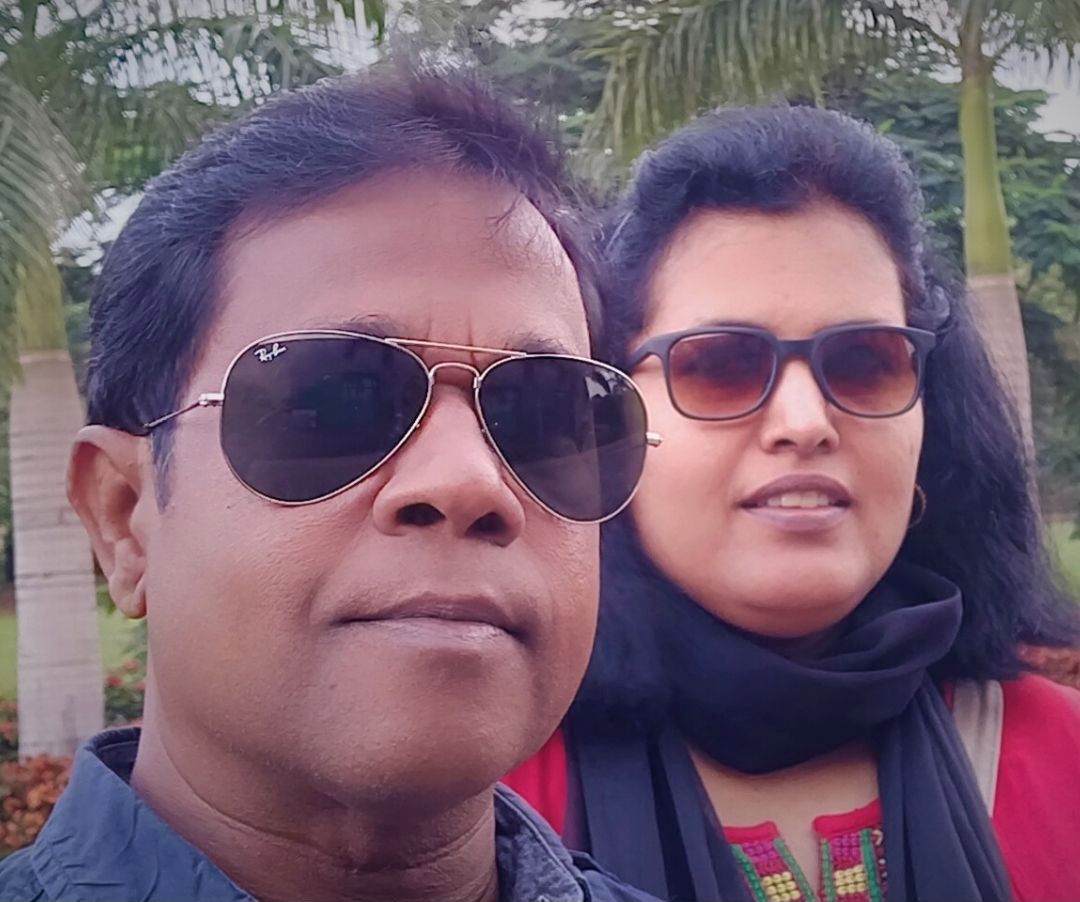
Sandy & Vyjay are a husband and wife duo who are travel content creators. They are co-founders of this travel website and are one of the leading travel content creators in India.
Sandy & Vyjay quit their successful corporate careers to pursue their passion for travel and writing full-time. Their dedication has earned them the “Best Travel Writer” award and numerous accolades on both national and international stages. Focusing on India’s destinations, heritage, and culture, they are passionate advocates for nature and the environment. Through their content, they promote ecotourism and sustainable travel, inspiring others to explore and preserve the beauty of India.
